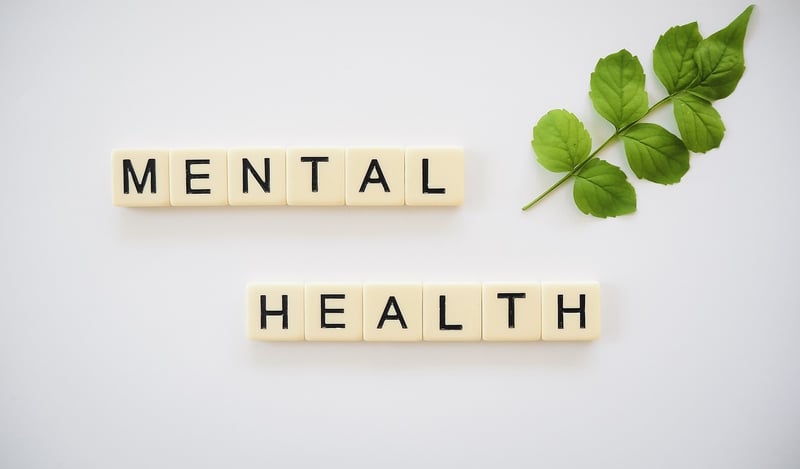Mental Health Practices
Personal Well-being Practices and Mental Health
Ensuring your well-being and taking care of your mental health is essential for living a fulfilling life. Incorporating personal well-being practices into your daily routine can lead to improved mental health and overall happiness.
1. Practice Mindfulness
Mindfulness involves being present in the moment and paying attention to your thoughts and feelings without judgment. This practice can help reduce stress and anxiety while increasing self-awareness.

2. Exercise Regularly
Physical activity is not only beneficial for your physical health but also plays a significant role in improving your mental well-being. Regular exercise can reduce symptoms of depression and anxiety while boosting self-esteem.

3. Maintain a Balanced Diet
Eating a healthy, balanced diet can impact your mood and energy levels. Incorporate fruits, vegetables, whole grains, and lean proteins into your meals to support your mental health.

4. Get Sufficient Sleep
Prioritize getting enough restorative sleep each night. Lack of sleep can affect your mental health, cognitive function, and mood. Aim for 7-9 hours of quality sleep for optimal well-being.

5. Connect with Others
Building and maintaining strong social connections is vital for your mental health. Spend time with friends and family, join social groups, or engage in activities that foster positive relationships.

6. Seek Professional Help
If you are struggling with your mental health, do not hesitate to seek help from a mental health professional. Therapy, counseling, or medication can provide the support you need to manage your mental well-being.

By incorporating these personal well-being practices into your daily life and prioritizing your mental health, you can cultivate a sense of balance, resilience, and overall well-being.
